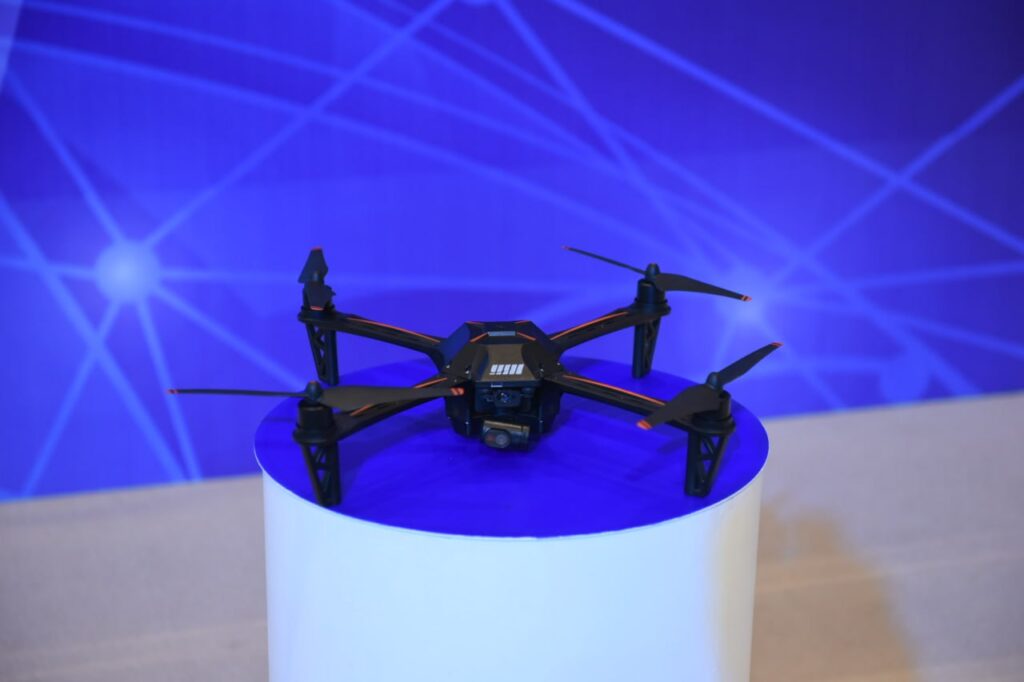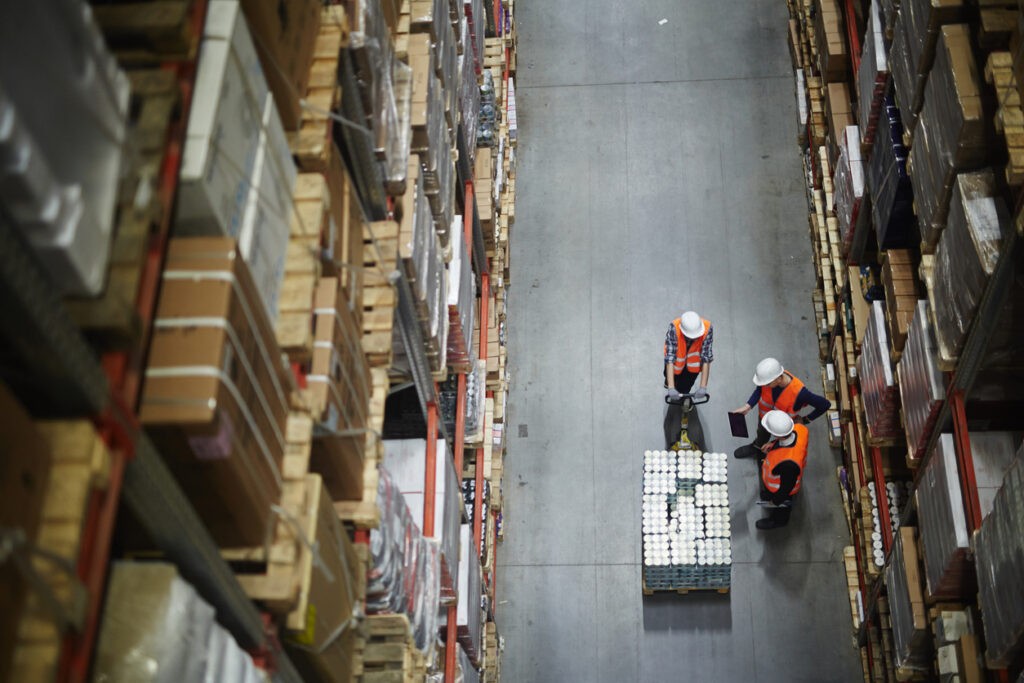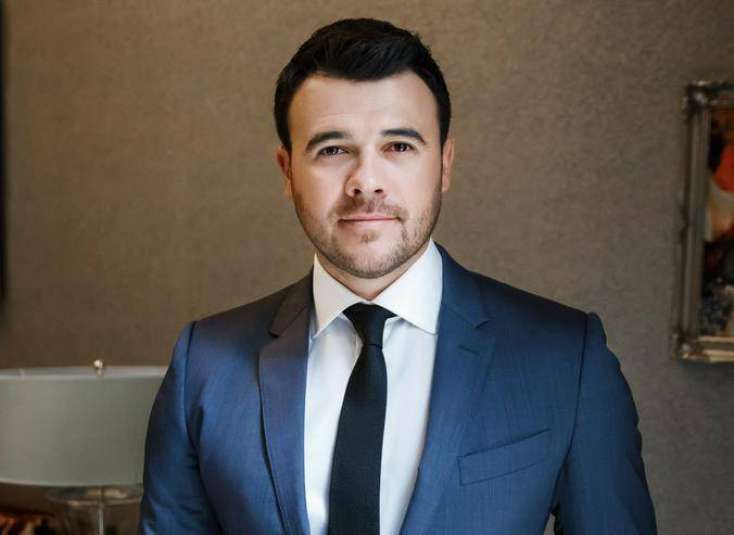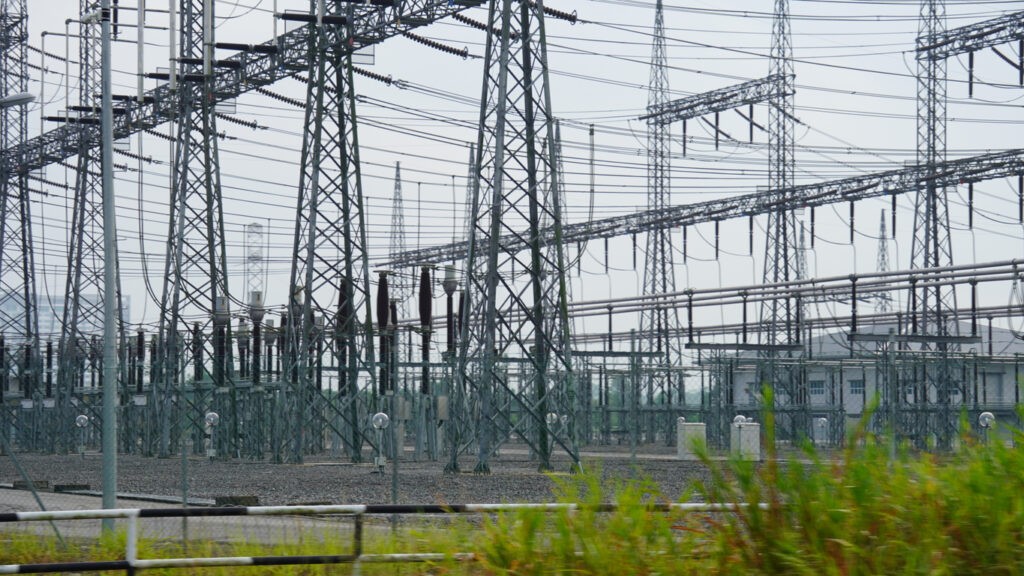Chinese Company to Manufacture Drones in Kazakhstan
Yesil Technology Company, a subsidiary of China’s Shaanxi Kaizhuo Electronic Technology Co., Ltd., is set to establish an industrial drone production facility in Kazakhstan. The project, valued at approximately $12 million, marks a significant step in advancing high-tech manufacturing in the country. Construction of the production and research zone, spanning 50,000 square meters, will begin in March 2025 in the Almaty region. The facility will include a workshop for manufacturing drone batteries, a research center for innovative technologies, a full-cycle machine storage, and a test site for drones. Supported by the national company Kazakh Invest, the initiative is projected to create 500 new jobs. The drones manufactured in Kazakhstan will serve both the domestic market and be exported to neighboring Central Asian countries. Yesil Technology aims to integrate advanced UAV (unmanned aerial vehicle) technologies into various sectors, including agricultural monitoring, environmental protection, securing sensitive facilities, emergency rescue operations, and counter-drone measures. Yongning Hui, the head of Yesil Technology, highlighted the company's commitment to solving critical challenges in the drone industry, including extending UAV flight ranges, enhancing intelligent obstacle avoidance, and improving navigation precision and stability. “Yesil Technology actively attracts outstanding scientists and researchers from around the world, focusing on solving key problems such as the limitation of unmanned aerial vehicles’ flight range, the accuracy of intelligent obstacle avoidance, and the precision and stability of navigation, which hinder industry development," Hui stated. "Today, our products already have the ability to operate stably in the most challenging conditions and accurately perform tasks, providing users with calm and reliable aviation services. Yesil Technology also takes on an important mission to train local personnel in unmanned aerial vehicle technology.” The company’s efforts come at a time of rapid global growth in the low-altitude economy. According to the World Federation of Unmanned Aerial Vehicles, the market for low-altitude drones and related technologies reached $318.64 billion in 2024. By 2050, this figure is expected to surpass $8.8 trillion. China has emerged as a leader in this sector, with its low-altitude economy market valued at $68.65 billion in 2023. Projections for 2024 estimate growth to $79 billion, with an average annual growth rate of over 16% anticipated over the next five years. The establishment of the drone production facility in Kazakhstan aligns with the country’s broader goals of fostering technological innovation and regional economic integration.






